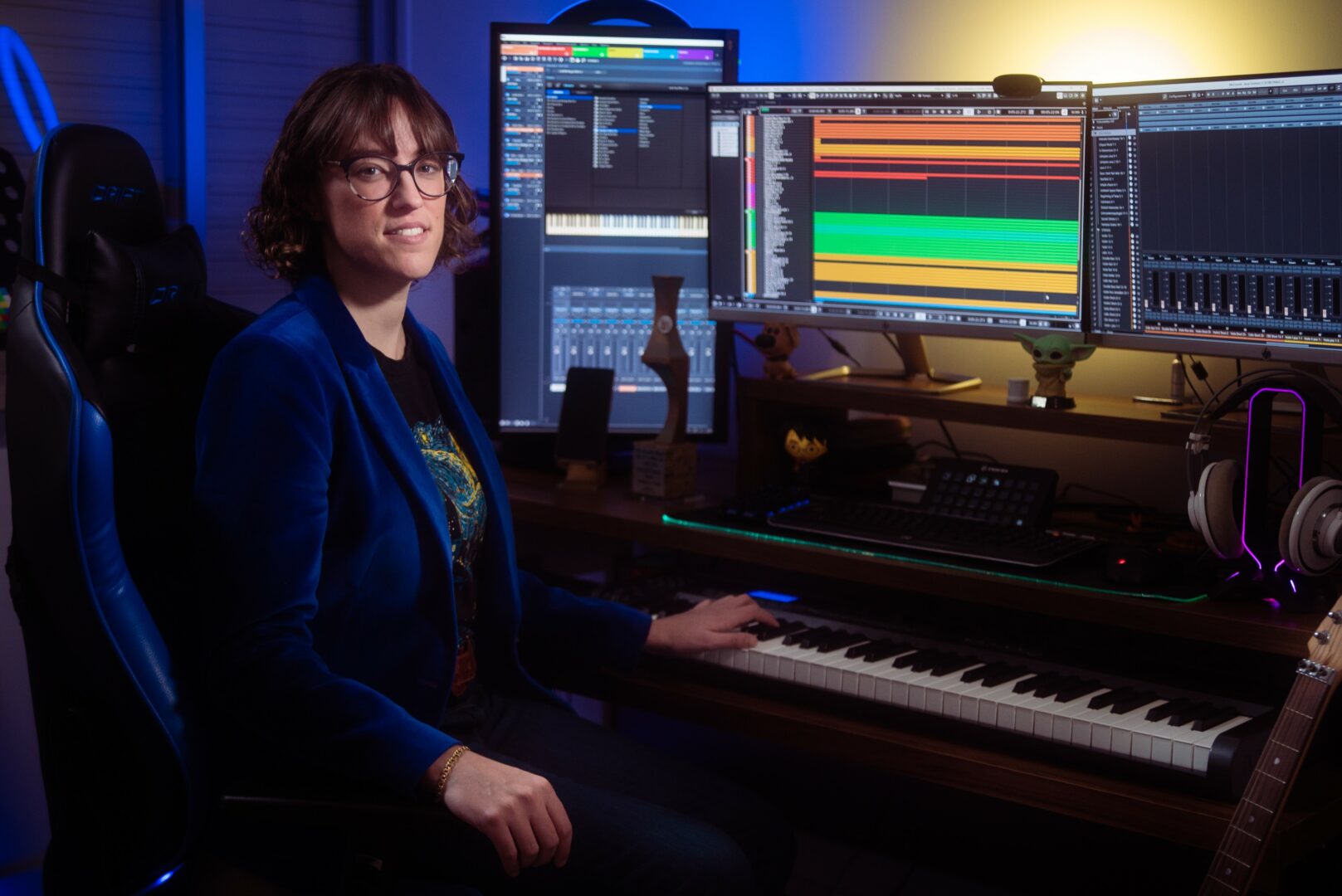We’re looking forward to introducing you to Sara Galiana. Check out our conversation below.
Hi Sara, thank you so much for taking time out of your busy day to share your story, experiences and insights with our readers. Let’s jump right in with an interesting one: What makes you lose track of time—and find yourself again?
The only thing that truly makes me lose track of time is music. When I’m fully immersed in it, I completely lose myself, both physically and mentally. It’s like stepping into a parallel reality where physical needs take a back seat. Connecting with something this way is something very special, and knowing that it all comes from what I create myself makes it even more unique.
Spending hours searching for beauty and perfection in what I compose, always with the deepest respect for music and what the great masters have achieved, is an experience few can understand. It’s a state that cannot be forced; it’s reached by letting yourself go. It’s instinctive and visceral. It’s the perfect union of mind and heart.
Can you briefly introduce yourself and share what makes you or your brand unique?
I am Sara Galiana, an award-winning Spanish composer with extensive experience in film and video game music. I studied Film Scoring at UCLA in Los Angeles and worked at JoAnn Kane Music Service as a copyist, participating in projects such as Star Wars IX, Frozen 2, Onward, The Mandalorian, and The Simpsons. I’ve composed original scores for films selected at festivals like Sitges and Beverly Hills, and orchestrated Plastic Killer, preselected at the 2023 Academy Awards.
In the video game industry, I’ve collaborated with companies such as Scopely in Barcelona and currently work as orchestrator for Oscar Araujo, composer of Castlevania: Lords of Shadow. I’ve also served as a jury member at the Berlanga Awards and other international music competitions, while continuing my work as a composer for symphonic and wind ensembles, with commissions premiered and recorded across Spain.
Appreciate your sharing that. Let’s talk about your life, growing up and some of topics and learnings around that. What was your earliest memory of feeling powerful?
My earliest memory of feeling powerful was when I received a truly important commission. I went through a very difficult moment of self-doubt, questioning the quality of my work and what I was capable of handling. Through dedication and hard work on myself, I eventually realized that the fault wasn’t in me, but in my perception of myself. Recognizing that I was capable of more than I had imagined made me feel truly powerful. Now I feel called to take on more ambitious projects that allow me to enjoy what I do even more, exploring new forms of musical expression that once felt intimidating or even frightening. It’s about daring to take my compositions and orchestrations to more complex levels, where every decision has a greater impact on the narrative and the listener’s experience.
I spend a large part of my time doing tests requested by producers, to see if my style and approach fit other projects, in addition to the ones I am currently working on. Each project is a unique challenge that enriches me and helps me grow. I have several projects in mind, including one particularly significant for a well-known company in the animation industry. I used to feel the constant need to seek out projects, but today more and more clients I work with trust me and come back to call me again, which I find deeply honoring. This means I am starting to establish myself as someone competent and makes me doubt less and less what I do or think. I feel that every decision and every requirement I set has a purpose far beyond ego: they are in the service of the music. Over time, I have learned to listen to it and understand it. Each new challenge is an opportunity to learn, experiment, and expand my voice as a composer and orchestrator, consolidating my artistic identity.
Is there something you miss that no one else knows about?
I think what I miss most is people really understanding what composers and orchestrators do, and how much work goes into it. Many people don’t really understand what we do, what is required of us, or how labor-intensive our work truly is. Beyond the high level of musical knowledge needed for these professions, it also involves countless hours of prior training, both musical and technical: editing software, sequencers, programming libraries so they sound like a real orchestra, understanding how an orchestra works, what each instrument does and how, which registers sound best, and which resources to use depending on the music’s function at each moment… and a long list of skills acquired through years of intensive practice and training, both in and outside conservatories.
As an orchestrator, I decide how each instrument interacts, and my decisions exponentially affect the final result. Together with the composer —when I am not composing myself— we determine how to bring the music to life. Every theme, harmony, color, and texture serves a purpose: to guide the narrative in the direction we intend.
Behind all of this lies an enormous amount of work that is almost never seen: experimentation, selecting the instrumental and harmonic palette, developing melodic themes, trying combinations until everything fits organically and naturally. It might look effortless from the outside, but behind it there’s a huge amount of unseen work, patience, and dedication. Sometimes this means missing out on time with family and friends, late nights in the studio, or holidays spent perfecting a score. The personal sacrifices are part of the job, and while it’s incredibly rewarding, it also makes us realize how demanding this work truly is.
I think our readers would appreciate hearing more about your values and what you think matters in life and career, etc. So our next question is along those lines. Is the public version of you the real you?
I think I’m a fairly approachable and authentic person, or at least I try to be. So you could say that my public persona is quite close to my real self. That said, I do always pay attention to what I post on each platform. On my private profile, I share things that are completely different from what I post on public channels. I think all artists do this, and it’s important to separate work from private life. In the end, it’s for the best, no matter what you say or do, there will always be people who disagree with some things.
Okay, we’ve made it essentially to the end. One last question before you go. Are you doing what you were born to do—or what you were told to do?
I truly believe I am doing what I was born to do. It’s a job that demands immense dedication, yet it’s often undervalued and, in many cases, poorly paid. I don’t think anyone would pursue this work if it weren’t for passion and the sheer love of doing it. That’s the only real motivation in this industry, the joy of seeing what you are capable of creating and experiencing what that music makes you and others feel.
Contact Info:
- Website: https://www.saragaliana.com/
- Instagram: https://www.instagram.com/saragaliana/
- Linkedin: https://www.linkedin.com/in/sara-galiana-composer/
- Facebook: https://www.facebook.com/sara.galiana.composer/
- Youtube: https://www.youtube.com/@SaraGaliana
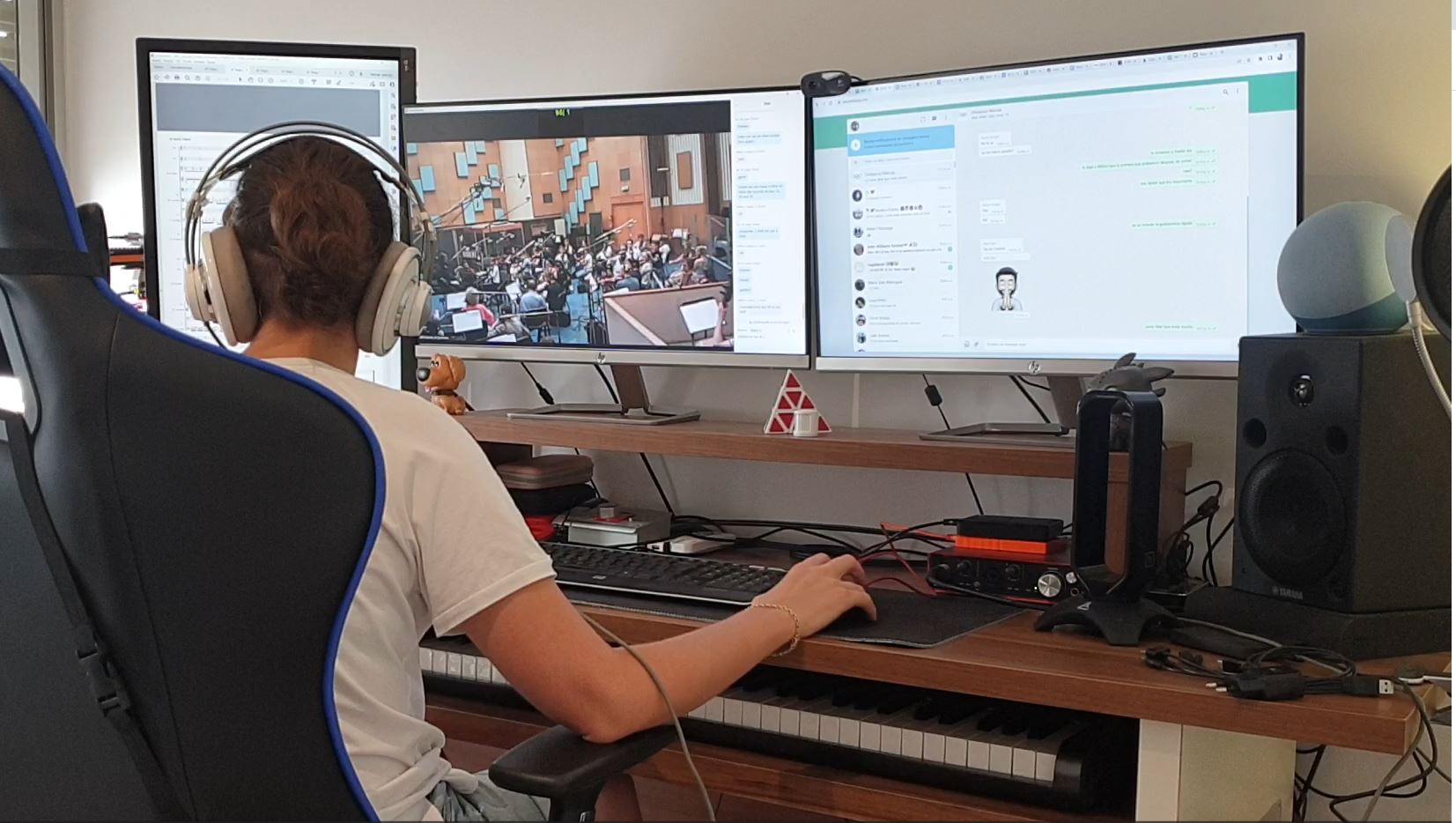
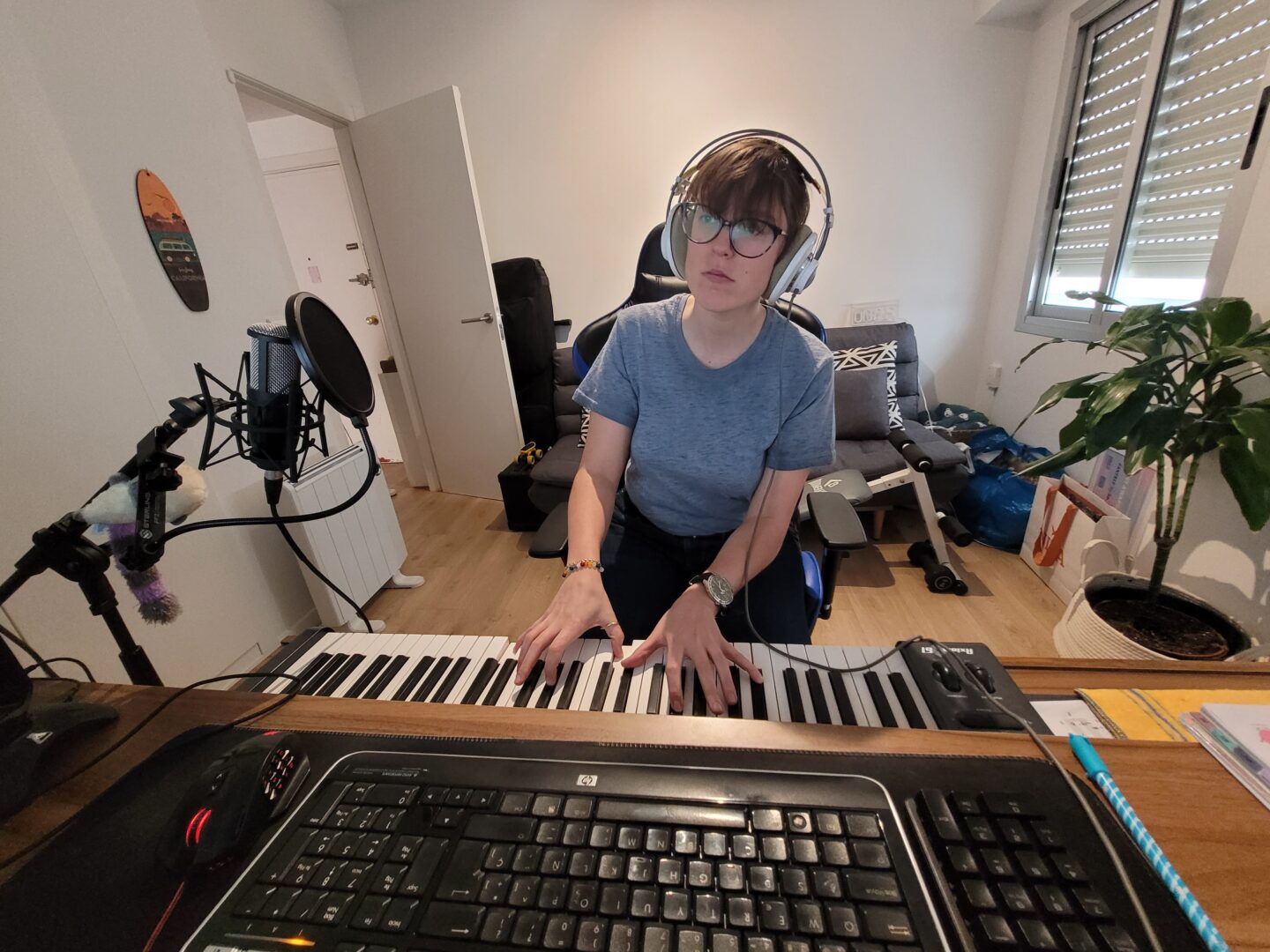
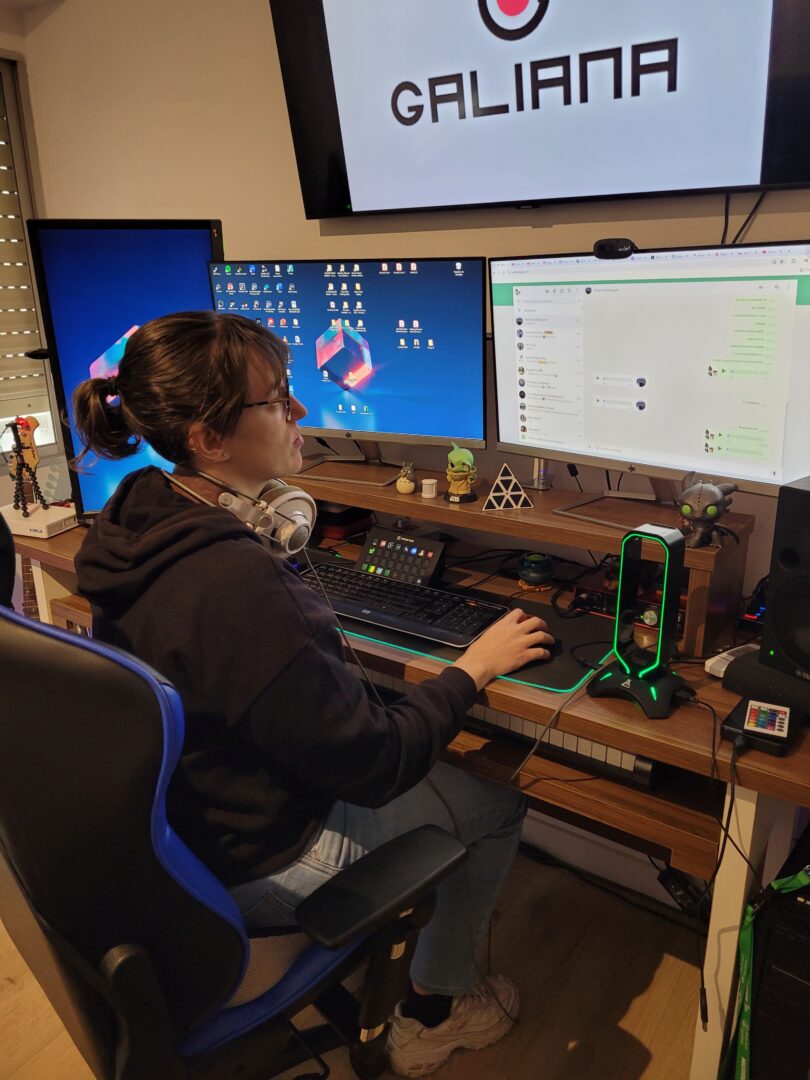
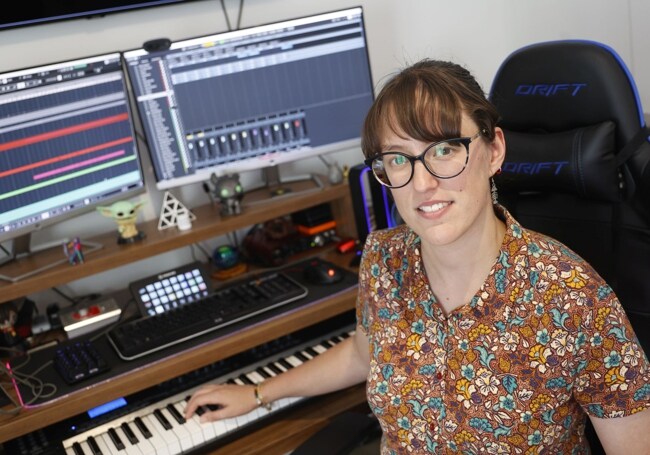
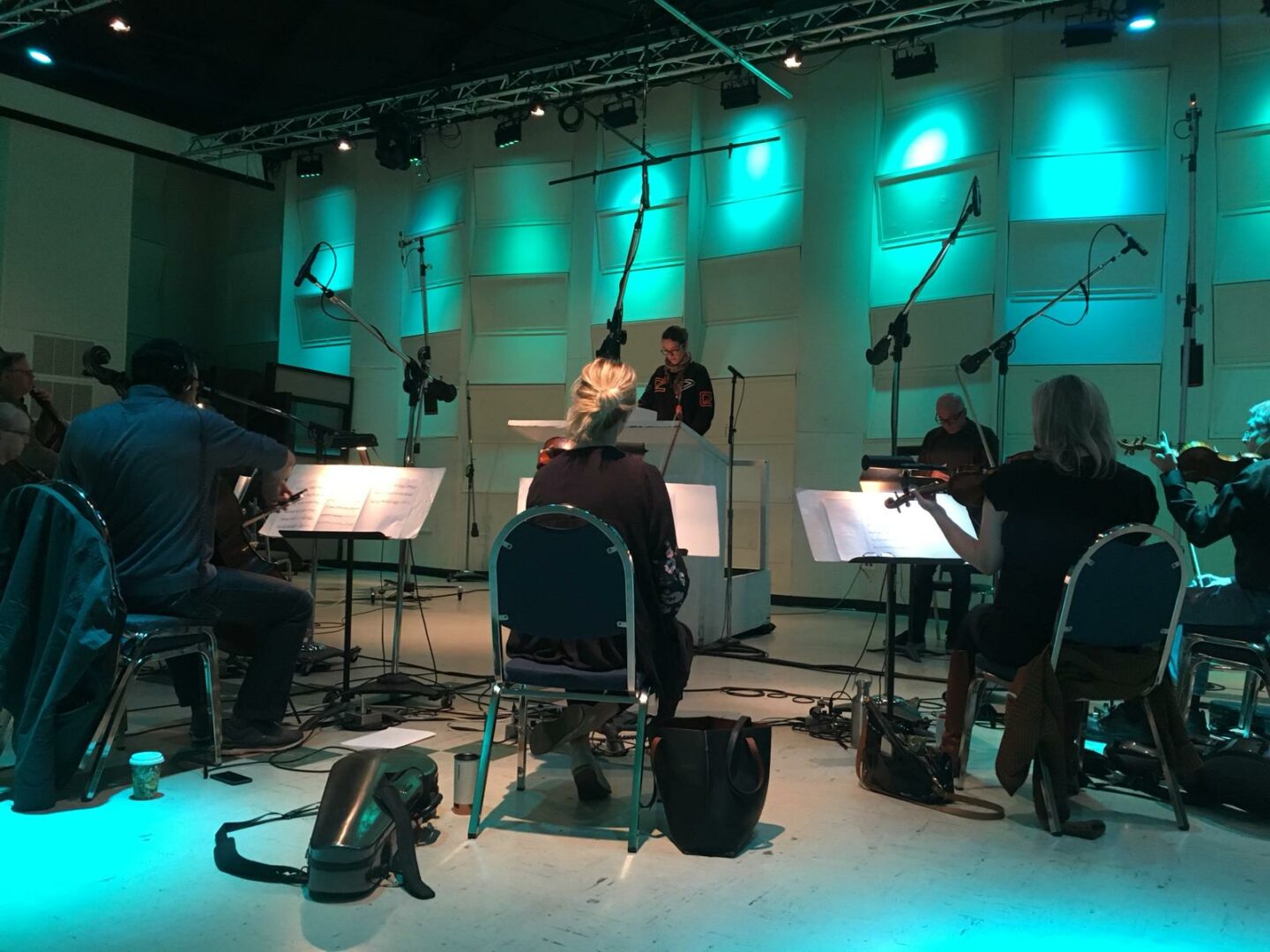
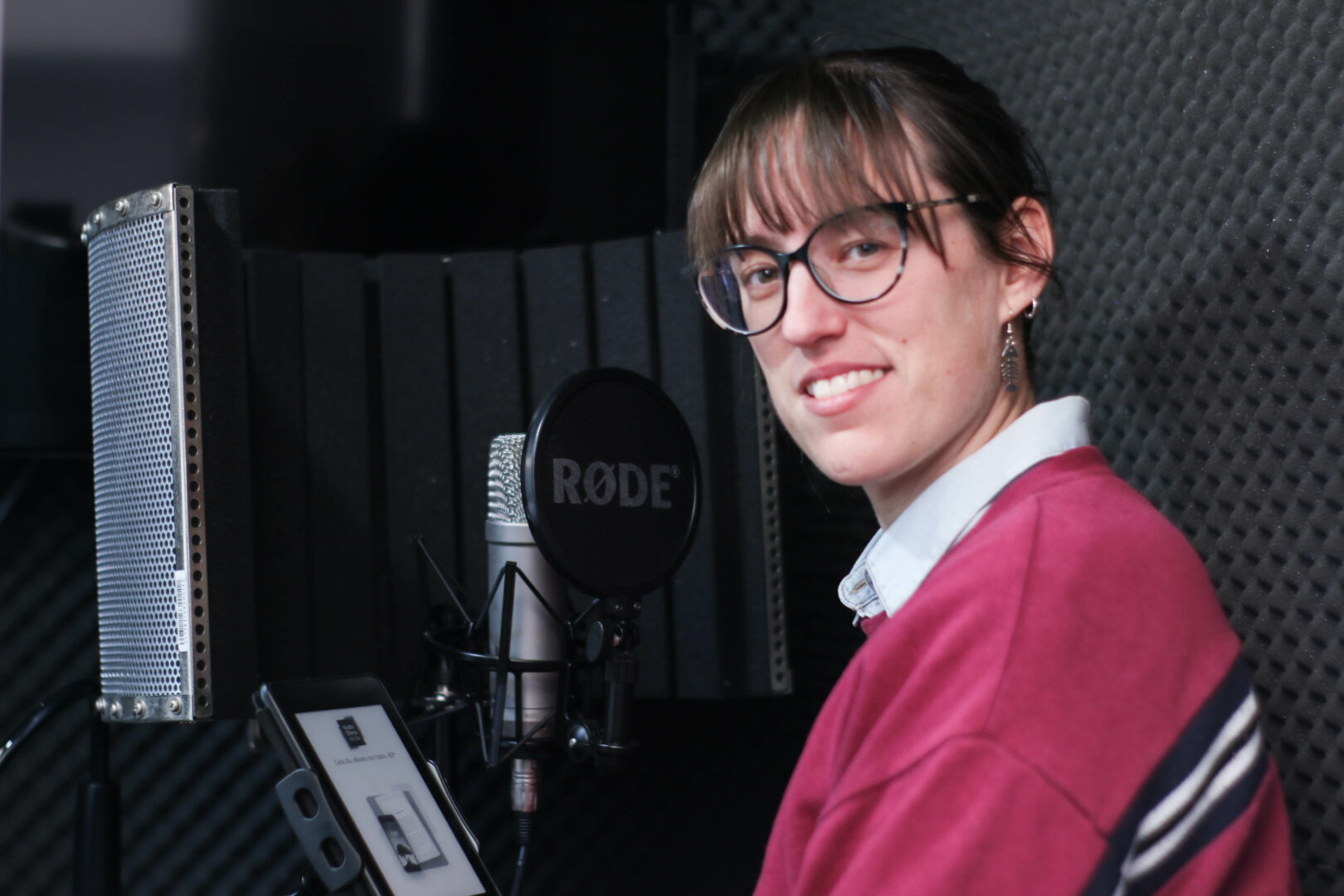
Image Credits
Borja Pascual
Beatriz Olcina
so if you or someone you know deserves recognition please let us know here.

